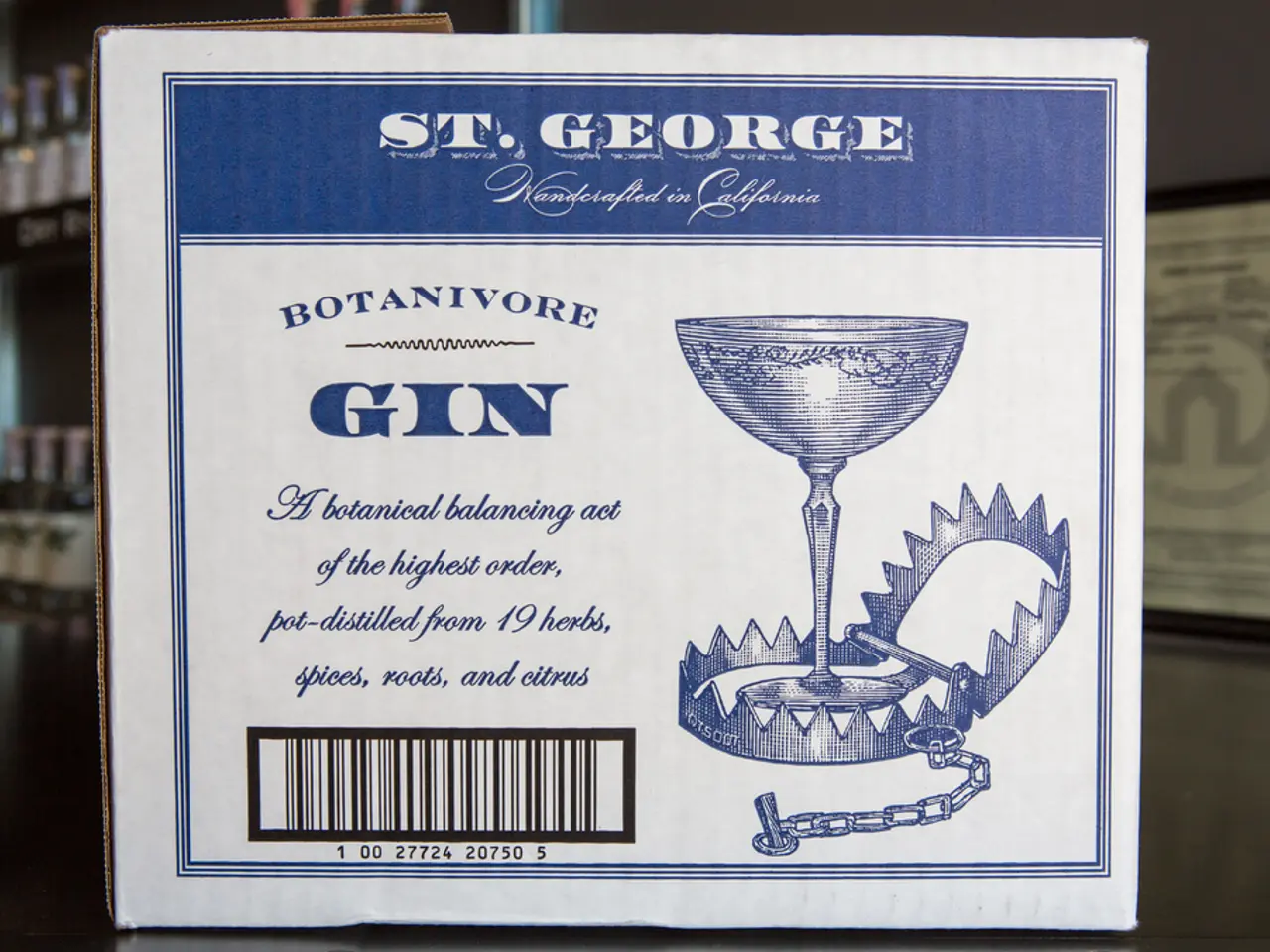Link Between Breast Microflora and Breast Cancer Risk
In a groundbreaking study, researchers at Wake Forest University have shed light on a critical relationship between diet, the breast microbiome, and breast cancer risk. The findings suggest that dietary patterns can significantly influence the composition and diversity of microbes in breast tissue, potentially impacting breast cancer risk.
Diet, as a major modulator of microbiomes throughout the body, plays a crucial role in shaping the breast microbiome. Diets high in processed foods, saturated fats, and sugars, typically found in a Western diet, have been linked to decreased microbial diversity, a condition associated with increased health risks, including cancer.
The breast microbiome, comprising distinct microbial communities within breast tissue, plays an essential role in local immune regulation and metabolic processes. Changes in this microbiome, influenced by diet, can affect breast tissue health and potentially influence cancer risk.
The Wake Forest study demonstrates that certain dietary patterns, such as the Mediterranean diet, support a more diverse and balanced breast microbiome. This diversity may have protective effects against breast cancer development. Conversely, diets that disrupt this microbial balance could enhance inflammation and cellular changes conducive to cancer.
The Mediterranean diet, which includes lots of fish, poultry, whole grains, fruits and vegetables, olive oil, nuts, beans and legumes, has been found to promote good breast health. This dietary pattern aligns with broader findings that the microbiome’s composition across various body sites, influenced by nutrition, impacts cancer risk and therapeutic outcomes.
One key finding from the study is the impact of fish oil supplements on the breast microbiome. Fish oil supplements have been shown to significantly change the microbiome throughout the breast, in both non-cancerous and malignant breast tissue. Specifically, the supplements increased the amount of Lactobacillus in the normal breast tissue adjacent to the tumor. However, it's important to ensure that fish oil supplements are truly sourced from fish and are free from toxins.
The study also found a decrease in the abundance of Bacteroidales and Ruminococcus microbes in the breast tumors of patients taking fish oil supplements. This suggests that these specific microbes may be linked to breast cancer development.
The Wake Forest research team is currently conducting further studies to determine whether probiotic supplements can influence microbiome populations in mammary glands and breast tumors. The findings underscore the emerging understanding that microbiomes beyond the gut, such as the breast microbiome, are strongly influenced by diet and linked to cancer risk.
The benefits of the Mediterranean diet extend beyond breast health, extending to heart, prostate, and gut health, as well as stress management and healthy aging. The study highlights the central role diet plays in shaping the breast microbiome and indicates that certain specific dietary interventions may help reduce breast cancer risk.
However, more research is needed to fully understand the link between obesity, a high-fat diet, and the breast microbiome's impact on breast cancer and patient outcomes. As our understanding of this relationship grows, dietary interventions may become a valuable tool in breast cancer prevention strategies.
References: [1] Wake Forest University, (2021). Diet can make a difference in the breast microbiome. Retrieved from https://news.wfu.edu/2021/05/diet-can-make-a-difference-in-the-breast-microbiome/
[2] Wake Forest University, (2021). Fish oil supplements change breast microbiome. Retrieved from https://news.wfu.edu/2021/06/fish-oil-supplements-change-breast-microbiome/
- The study at Wake Forest University reveals that diet can significantly influence the breast microbiome, contributing to breast cancer risk.
- A Western diet, rich in processed foods, saturated fats, and sugars, can lead to decreased microbial diversity, increasing health risks like cancer.
- Researchers found that the Mediterranean diet, which comprises fish, poultry, whole grains, fruits, vegetables, olive oil, nuts, beans, and legumes, promotes a more diverse and balanced breast microbiome, potentially reducing breast cancer risk.
- The Wake Forest study demonstrated that fish oil supplements can alter the breast microbiome both in non-cancerous and malignant breast tissue, affecting the quantity of Lactobacillus present.
- Bacteroidales and Ruminococcus microbes showed a decrease in abundance in breast tumors of patients taking fish oil supplements, suggesting a possible link to breast cancer development.
- Ongoing research at Wake Forest University aims to determine whether probiotic supplements can impact microbiome populations in mammary glands and breast tumors.
- Beyond breast health, the Mediterranean diet offers benefits for heart, prostate, gut health, stress management, and healthy aging.
- Further research is necessary to understand the connections between obesity, a high-fat diet, and breast cancer risk, as dietary interventions may one day be integral to breast cancer prevention strategies.




